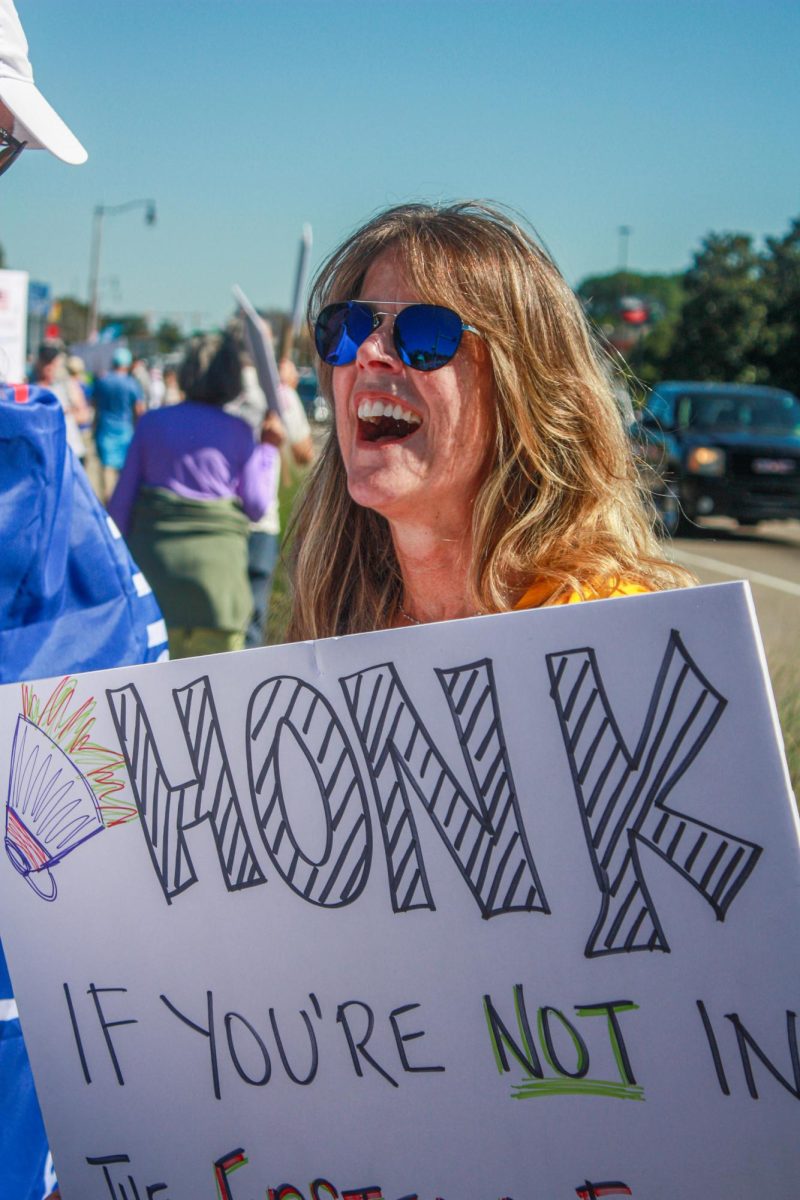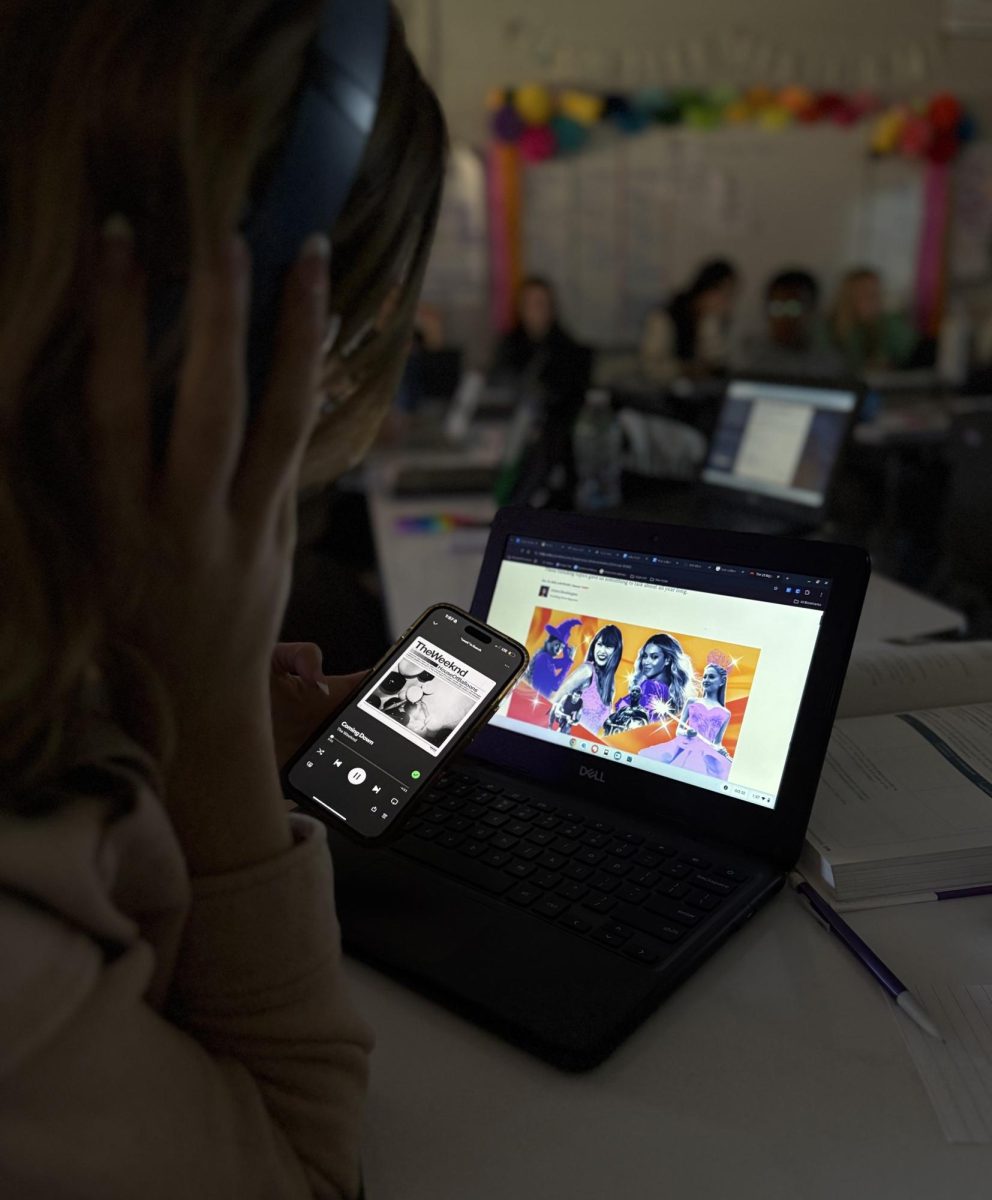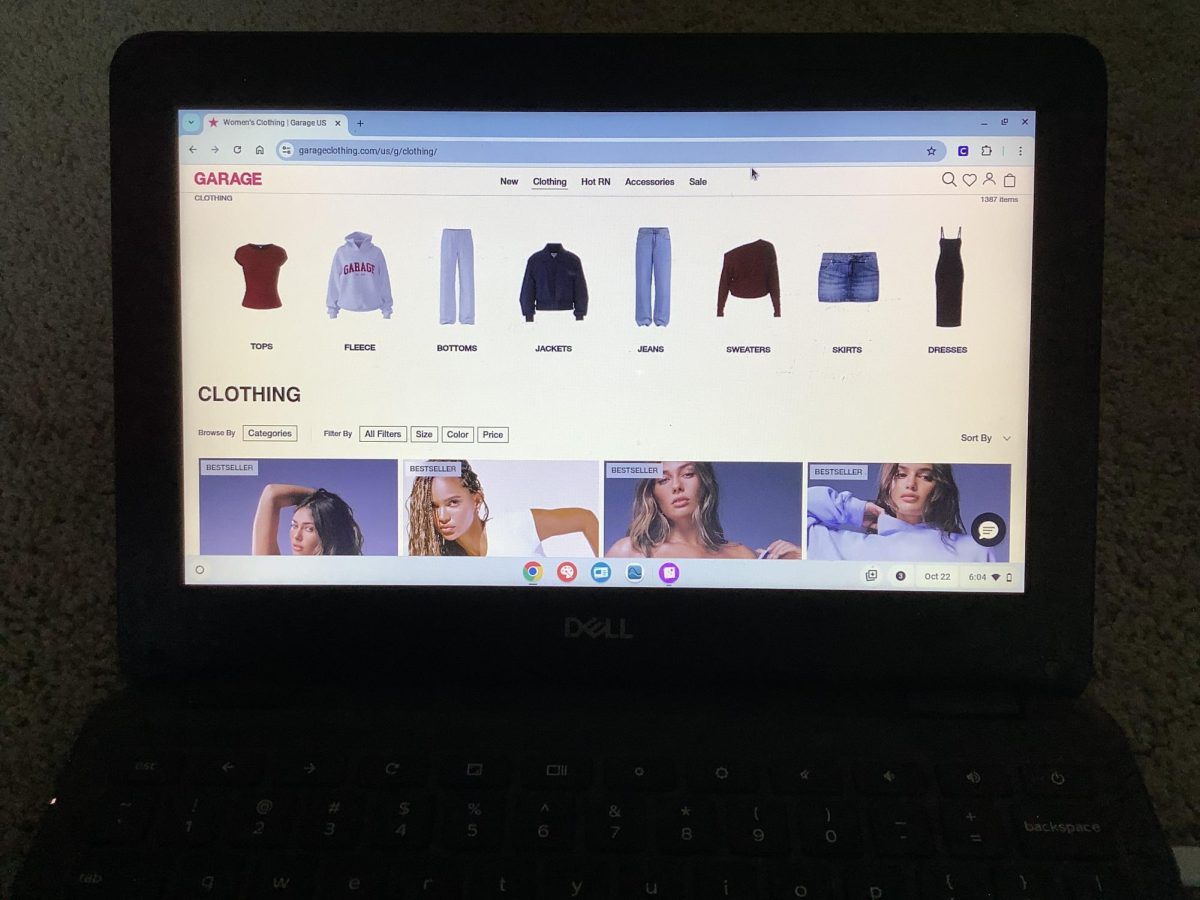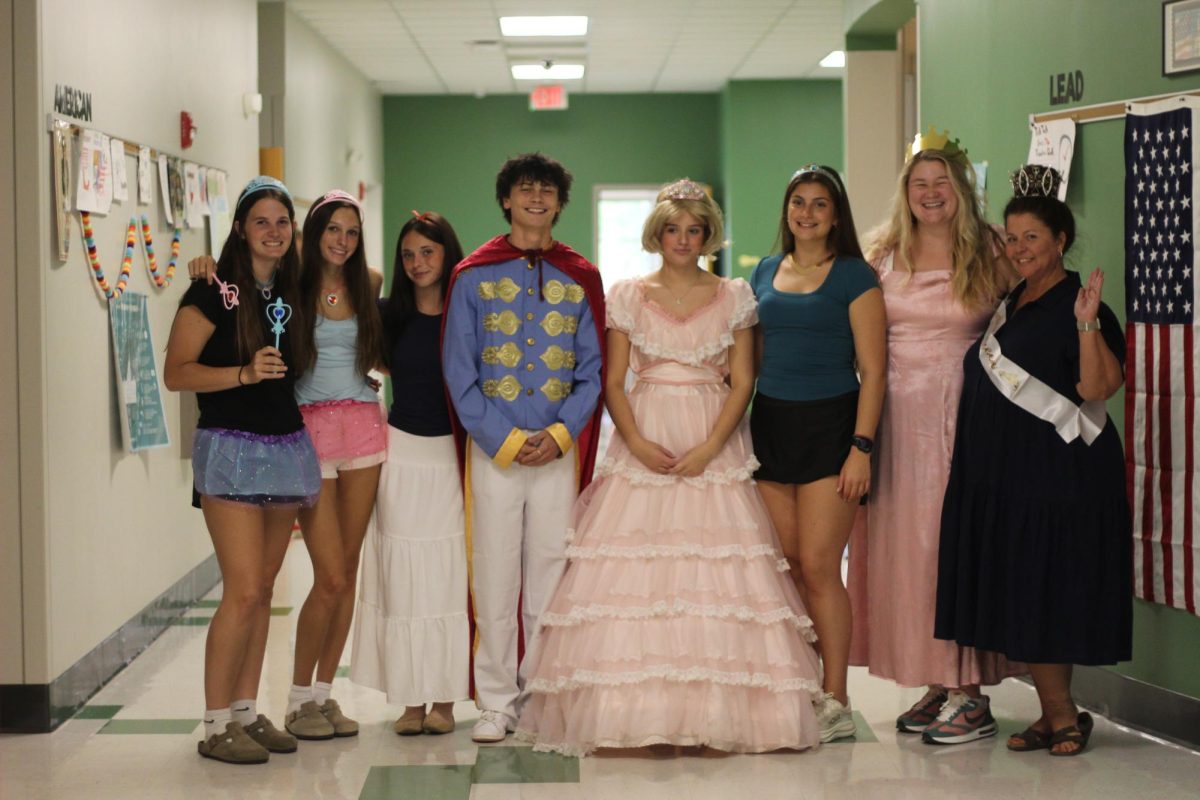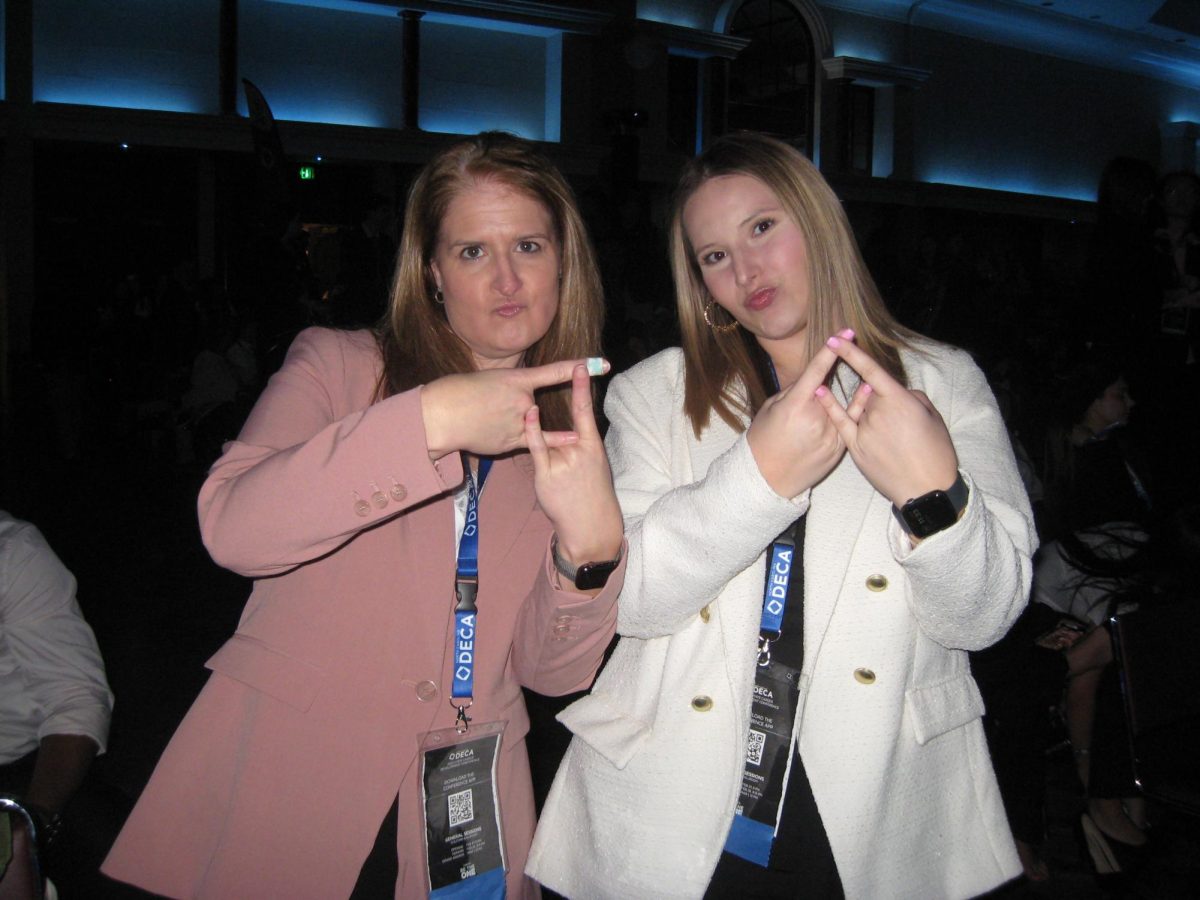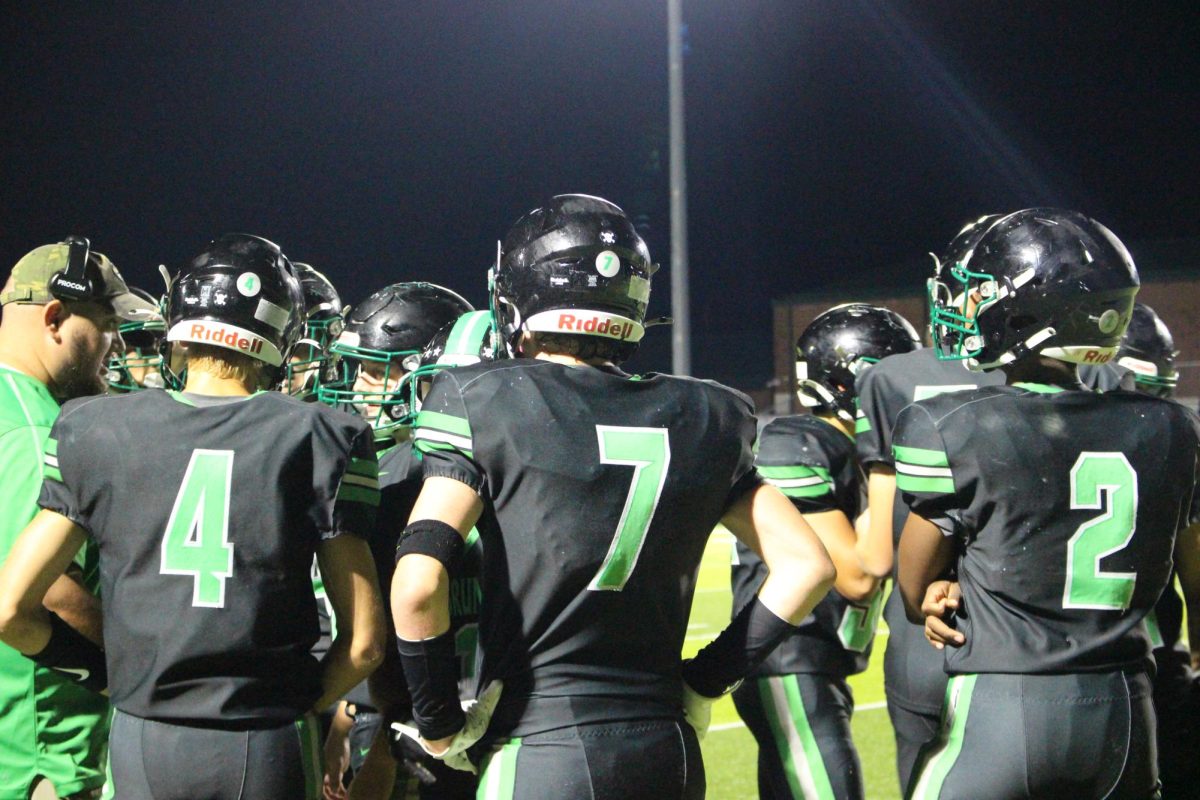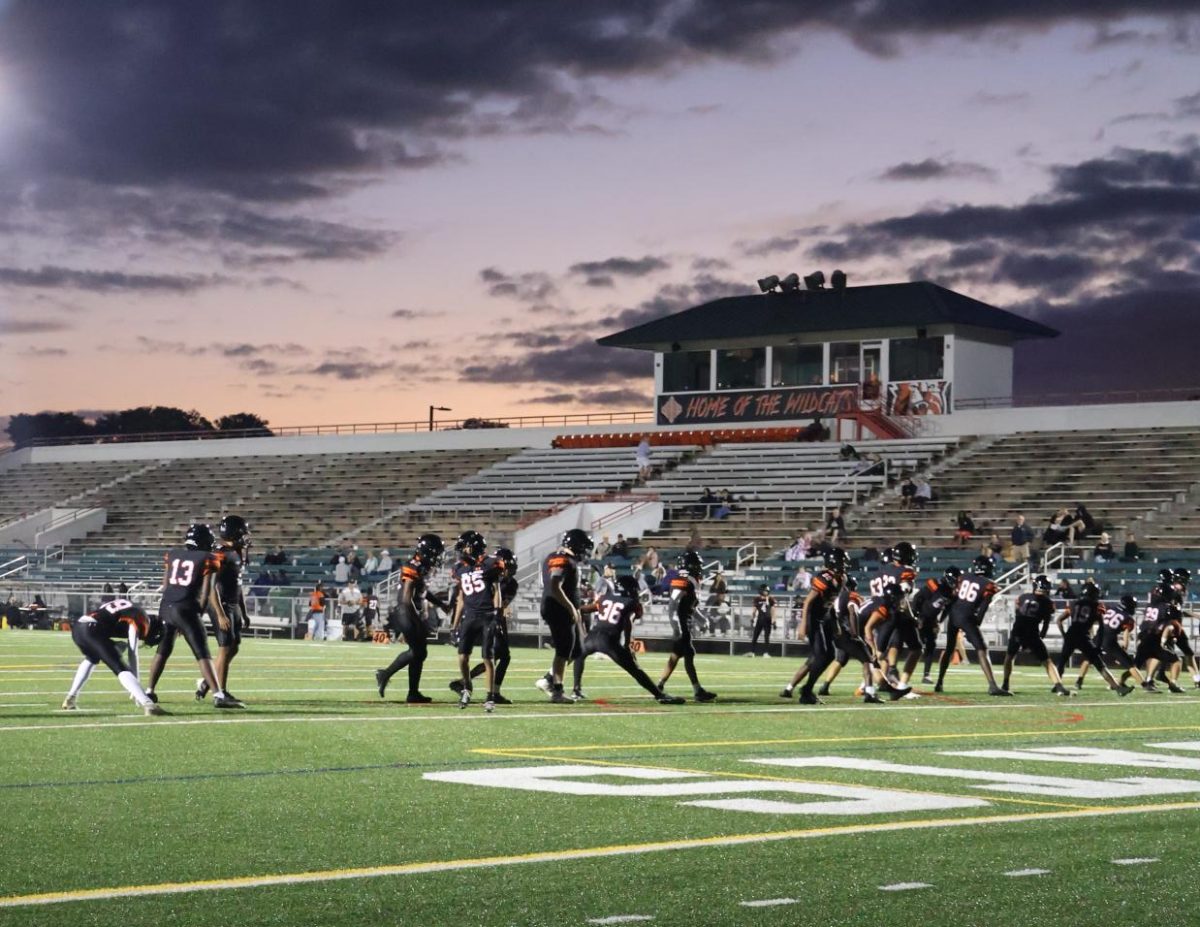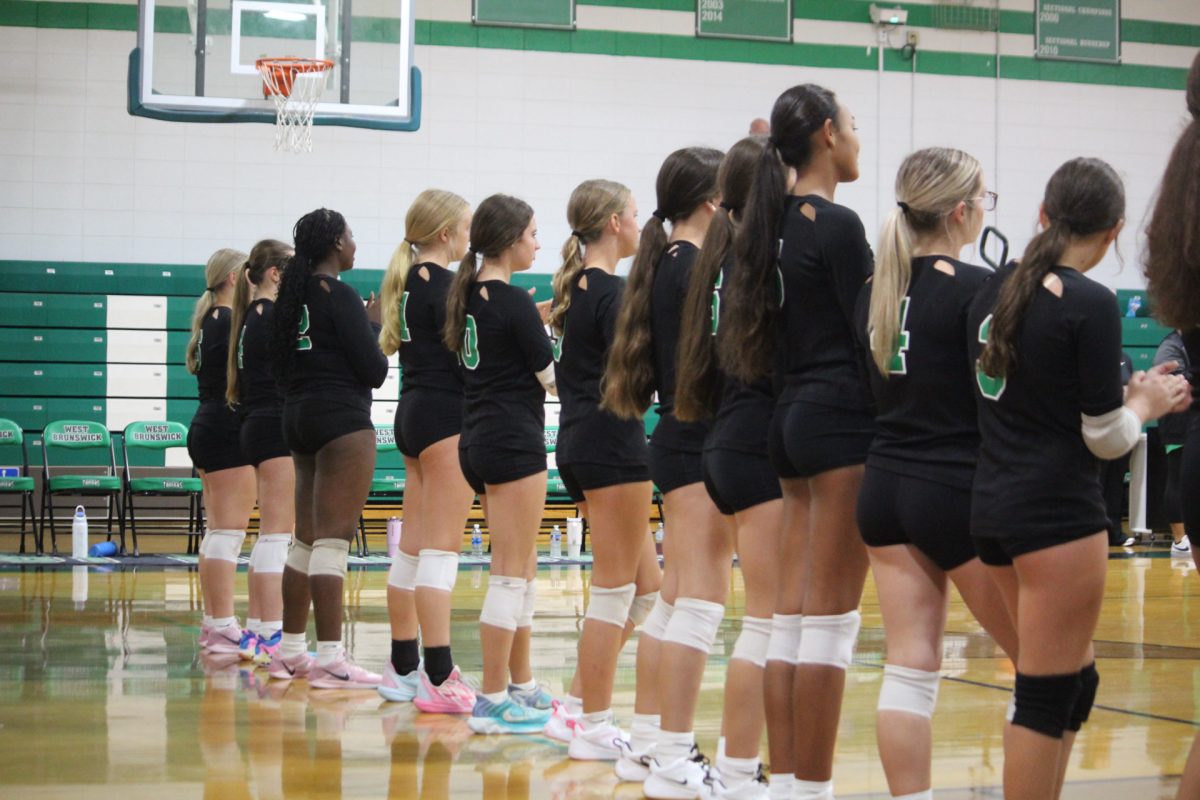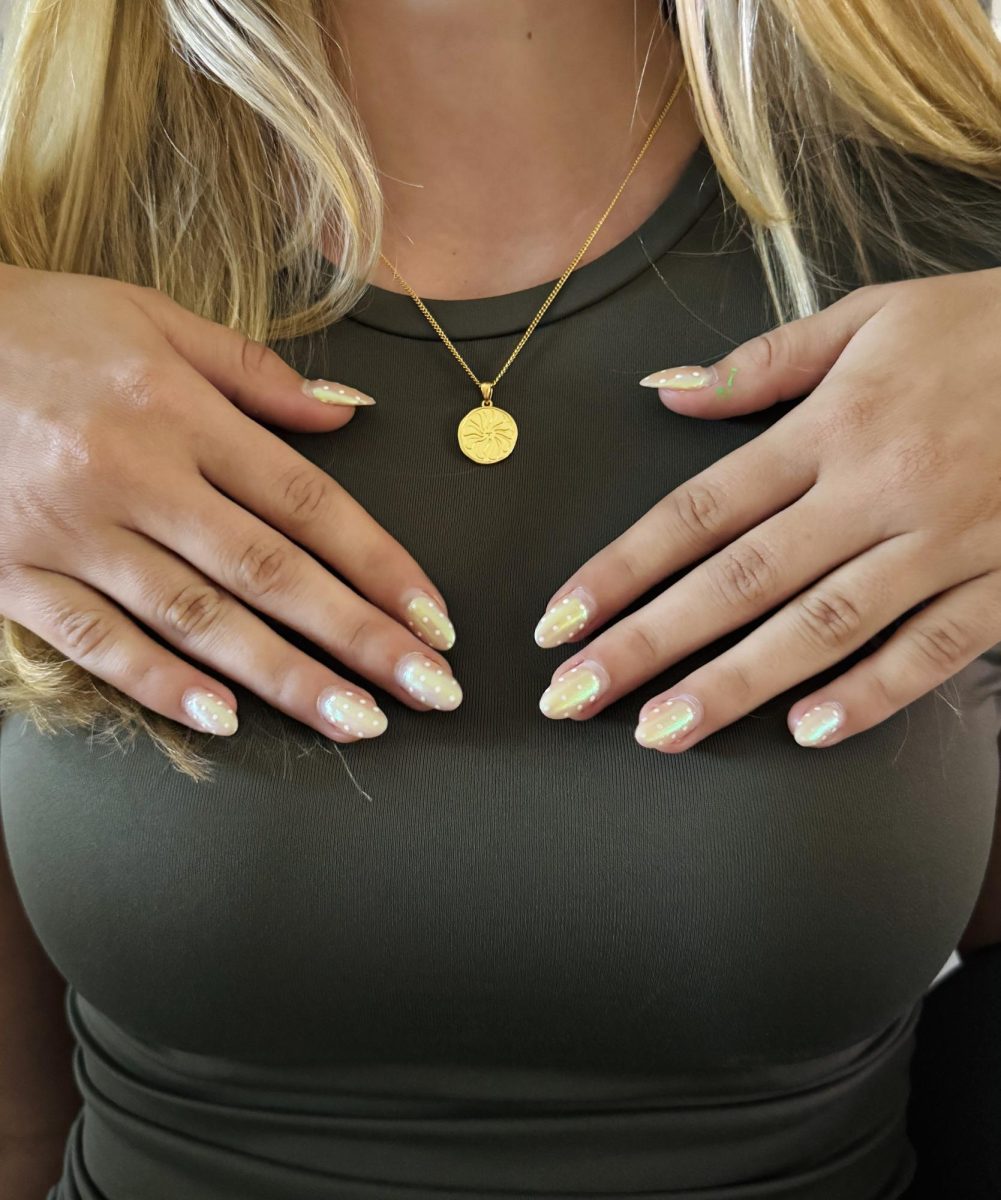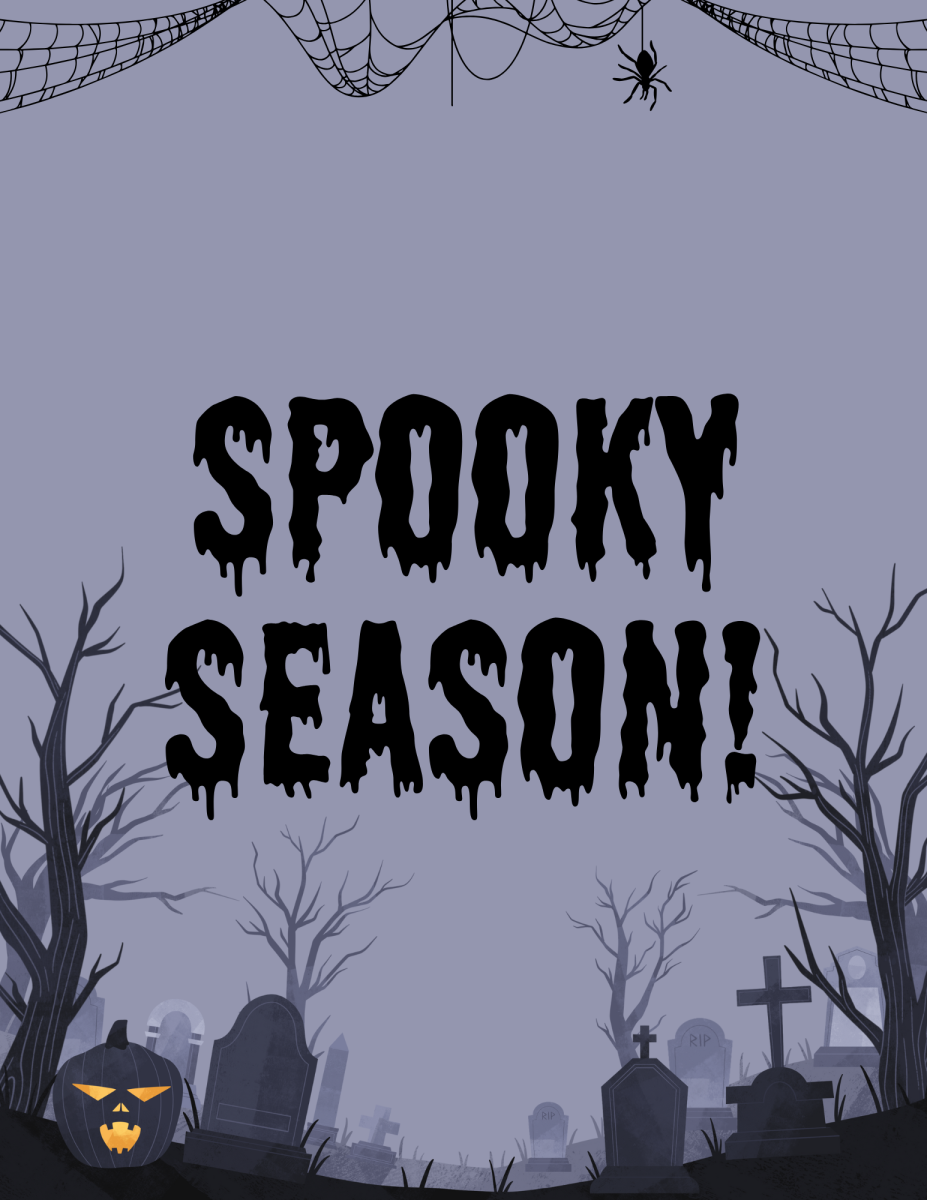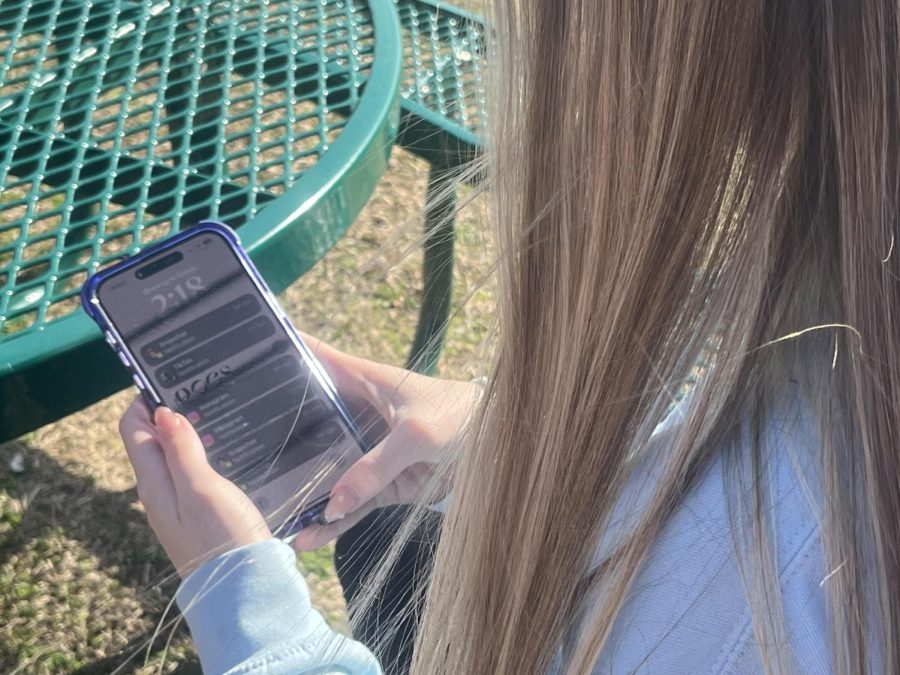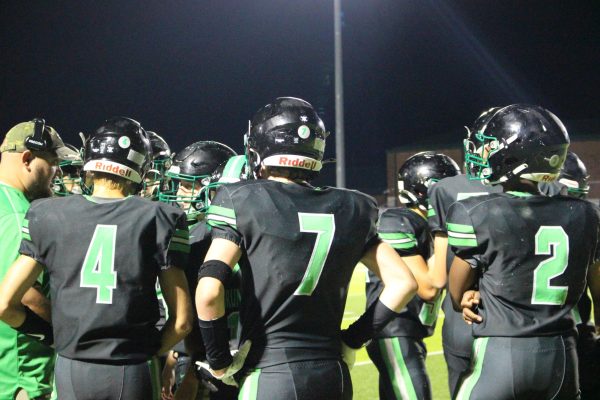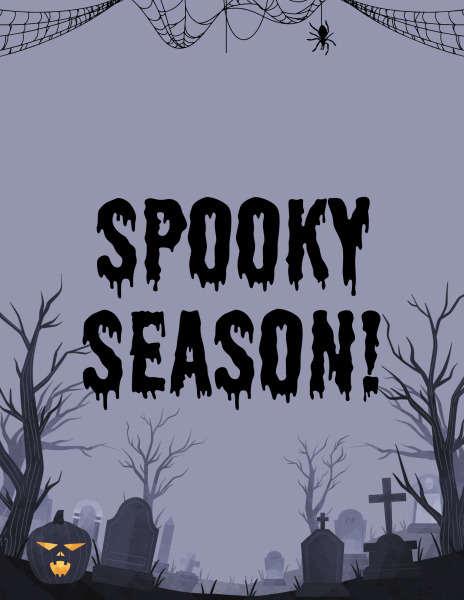The Value of What We Post
Photo by Noah Farris
Junior Kearstin Herring looking at all of the social media notifications on her cell phone.
Feb 7, 2023
Social media has become a part of our everyday lives, whether it’s actively posting and interacting with the community or just simply scrolling through pictures and videos. Social media brings about a lot of different benefits, like providing entertainment, keeping up with old friends, and much more. But are there limits to what we should and shouldn’t post?
What are some of the benefits of having social media?
“There’s people that I keep in touch with from elementary school that I never would’ve heard from again,” said math teacher Keri Mckenzie. “The only way I keep in touch with my family is over social media.”
McKenzie explains talking to family in a whole other country, along with people she met long ago and still has the ability to connect with. Social media allows people to socialize and talk to their loved ones no matter the distance.
“It helps you to connect,” sophomore Jacob Rumsey says. “I’ve met lots of new friends. When I moved to North Carolina it allowed me to talk to my friends in New York.”
When moving hours away from your friends and family, you’ll need some ways to keep in touch. For Rumsey social media was that way to stay connected.
What are some downsides to having social media?
“I think there’s a lot of bullying on social media,” said Mckenzie.
Social media allows us to connect with others but it also allows others to easily contact us. When your name is just a search away, it is easy for people to harass or even bully someone else. This has been an issue as long as social media has been around.
“ There’s addictions to it,” said senior David Little. “Many people throw it to the sideline like it’s nothing but it’s serious.”
Many of us are addicted to social media and don’t even realize. Tiktok being among the worst. It has even gotten so bad that the official Tiktok account will start showing videos that encourage you to take a break from it. There are definitely worse things to be addicted to but that doesn’t mean that it isn’t a problem.
Do you feel the need to censor yourself on social media?
“If anybody says anything (negative) it will come back to bite you,” says Little. “We should all be cautious of what we post, a comment we make now could cost us an opportunity in the future. We never know who’s looking back at our posts and taking notes.”
As teenagers and even as people we are constantly worried about how we are viewed and how others see us, that doesn’t exclude social media either. We feel the need to censor ourselves or say things in different ways to avoid possible judgment from our peers.
Are there things we shouldn’t talk about on social media?
“There are things that you should only talk about with your family and things you keep private with your significant other,” said Rumsey.
Private things are well private, and we need to learn the difference between what we should talk about and what we should not. Certain topics should be limited to those close to you instead of being blurted aimlessly on social media for the world to see.
Should a member of a group, team or association be held accountable for negative things said on social media?
“Yes,” Mckenzie says. “If you are a part of a team or group you should represent their standards.”
When we join a team or an organization we are obligated to respect its standards. Being a part of something is not just showing up, it’s representing that group and what it stands for. There have been countless times people have lost jobs, scholarships, or partnerships over a post made on social media.
Social media is valuable to all of us. We just need to learn to be cautious of what we post.
At the end of the day social media was made for “keeping up with your friends and what’s going on with Kanye West” said sophomore Ryli Robinson.

